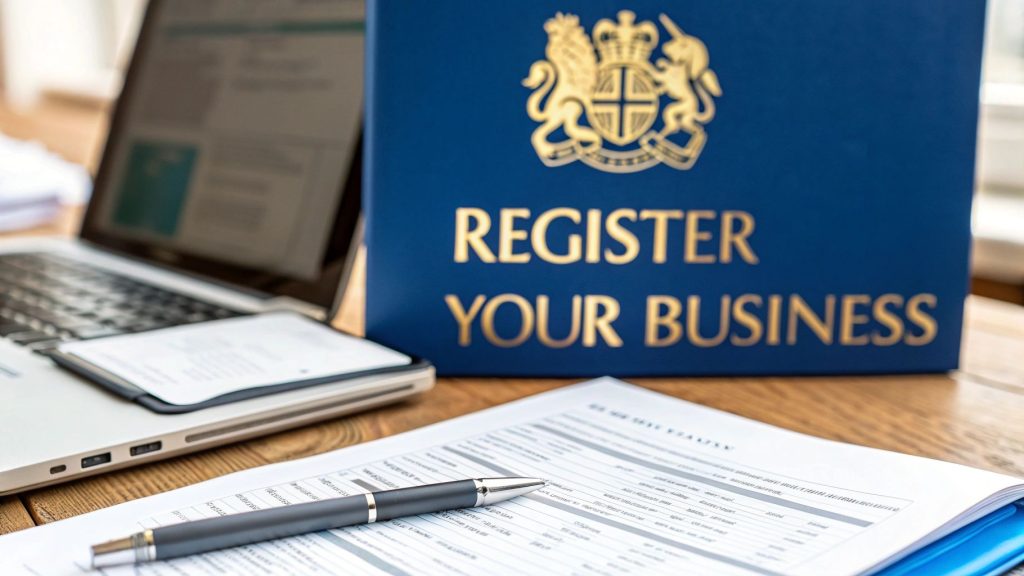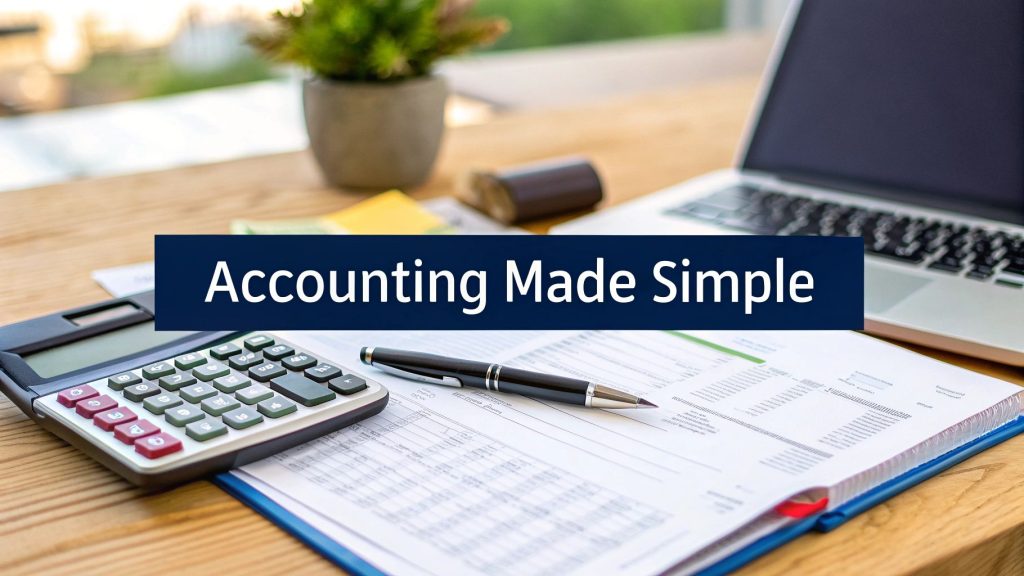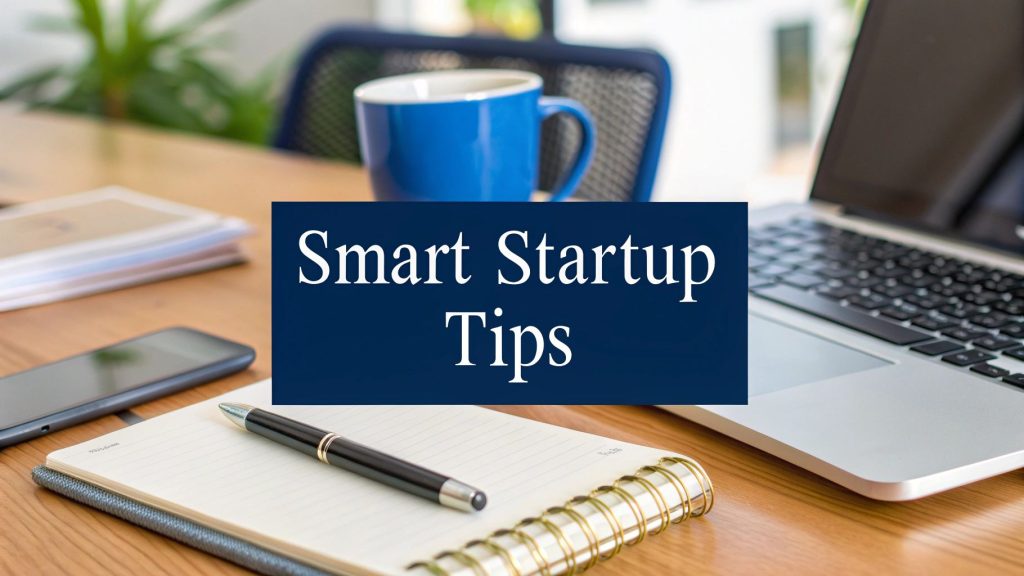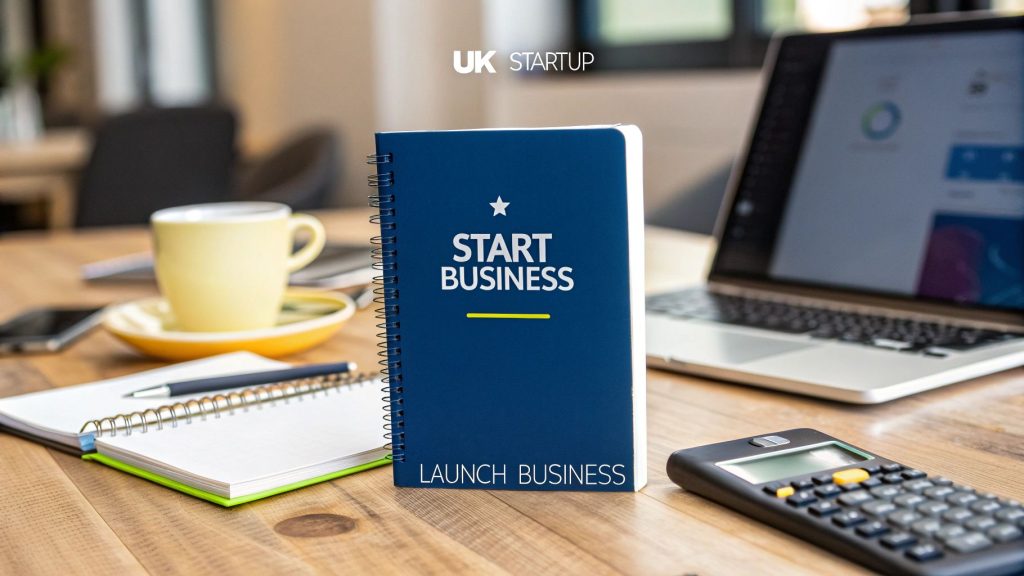How to Register a Business Name with Companies House: A Step-by-Step Guide for UK Entrepreneurs
How to Register a Business Name with Companies House: A Step-by-Step Guide for UK Entrepreneurs – Starting a business is an exciting step, but before you can trade, you’ll need to secure your business name. In the UK, this process is done through Companies House, the official registrar of companies. Registering a business name is not just about branding—it’s a legal requirement if you want to operate as a limited company.
In this article, we’ll walk you through everything you need to know about registering a business name with Companies House, from choosing a compliant name to completing the online application.

Do You Need to Register Your Business Name?
Whether or not you need to register depends on your business structure:
-
Sole Trader – You don’t register a business name with Companies House. Instead, you simply trade under your chosen name, but you must still register with HMRC for self-assessment.
-
Partnership – Like sole traders, business names aren’t registered with Companies House. However, you must still register the partnership with HMRC.
-
Limited Company (Ltd) or Limited Liability Partnership (LLP) – You must register your business name with Companies House. Your company only becomes official once the name is accepted and incorporated.
So, if you’re planning to set up a limited company or LLP, registering your business name is essential. You can check company name availability here

Step 1: Choose a Business Name
When picking your business name, Companies House has rules you must follow:
-
Uniqueness – Your name must not be the same or too similar to an existing registered company.
-
No Sensitive Words – Certain words (e.g., “Royal,” “Bank,” or “Chartered”) require special approval.
-
Avoid Misleading Terms – You cannot imply you’re connected to the government, local authorities, or regulated professions unless you have permission.
-
Endings Matter – Most companies will end with “Limited” or “Ltd”. LLPs must end with “LLP.”
💡 Tip: Use the Companies House name availability checker before applying to make sure your chosen name is free to use.
Step 2: Decide How to Register
There are four main ways to register your business name with Companies House:
-
Online via Companies House – The most common method. Fast and affordable, usually costing £50.00, with approval often within 24 hours.
-
By Post using form IN01 – Costs £71 and typically takes 8–10 days.
-
Through a Formation Agent – Costs vary Many entrepreneurs choose this option for simplicity.
- Through Grow My Acorns Unique Partnership – Costs £14.99 form your Company and open a bank account at the same time See Here
Step 3: Provide Key Information
When you apply to register your business name, Companies House will ask for:
-
Your company name
-
Registered office address (this will appear on the public record)
-
Details of directors (and shareholders if applicable)
-
Articles of Association (rules about running the company – templates are available)
-
Memorandum of Association (a statement signed by initial shareholders agreeing to form the company)

Step 4: Submit and Pay
Once your application is complete, you’ll pay the registration fee. If everything checks out, Companies House will issue a Certificate of Incorporation, confirming your business is now officially registered.
What Happens Next?
After registering your business name, you’ll need to:
-
Register for Corporation Tax with HMRC within 3 months of starting trading.
-
Consider whether you need to register for VAT. See VAT Registration
-
Set up a business bank account (mandatory for limited companies). See Business Banking
-
Protect your business name further by registering it as a trademark if you want exclusive rights.

Common Mistakes to Avoid
-
Choosing a name that’s too similar to a competitor.
-
Forgetting that your registered office address is public. Many small businesses use a virtual office or registered office service for privacy.
-
Not checking trademark availability. Even if Companies House accepts your name, it could still infringe on an existing trademark.

How to Register a Business Name with Companies House Summary
Registering your business name with Companies House is a straightforward but crucial step in launching a limited company or LLP. By choosing a unique, compliant name and following the application process carefully, you can set up your company quickly and start trading with confidence.
👉 If you’d like support, consider using a company formation service that can handle the paperwork and provide extras like a professional registered office address. This is especially helpful for entrepreneurs who want to protect their home address and project a more professional image.

















































